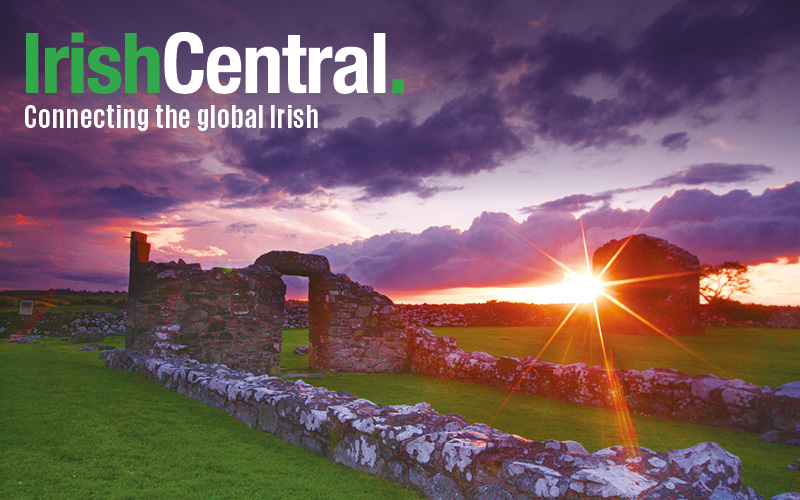A new trade deal between the Republic of Ireland and China will generate over $52 million for the Irish economy over the next three years. The country will now play a leading role in developing China’s horse racing industry, which will include an export tie-in with the country’s first national equine facility, based in Tianjin.
The Tianjin Equine Culture City will be a first of its kind initiative in China and the $1.9 billion project will open in a series of planned phases from next year.
News of the welcome export tie-in was announced by Irish Minister for Agriculture Simon Coveney this week, who is leading Ireland’s largest ever agriculture and food trade mission to China this week, the latest in a series of high-profile overtures made to the massive and lucrative Chinese market.
'This initiative should facilitate the development of a major export market for horses from Ireland and has the potential to provide a range of business opportunities for companies and individuals in Ireland who can bring a wide range of expertise to the project,' Coveney told the Irish Times.
It's the first time the Chinese government has involved itself with an overseas joint venture in horse racing and breeding. That it decided to at all has raised eyebrows in some quarters because state involvement in horse racing has surprised many. In mainland China Chairman Mao Zedong’s communists forces banned all forms of gambling after the revolution in 1949. Currently the former British colony of Hong Kong is the only venue on Chinese soil where betting on horses is legal. It is believed that Chinese authorities are unlikely to legalize gambling on the mainland.
Projects aimed at cashing in on the horse racing market in China in recent years have all failed or been downsized rapidly. For the proposed new racing venture and racecourse in Tianjin it's estimated that 600 to 800 horses will be needed for its inaugural year, which will reportedly have approximately 40 race days.
Ireland has made no agreement regarding the export of Irish horses, but the delegation said that discussions were ongoing about the sourcing of new bloodstock with Ireland enjoying favored status. The new facility in Tianjin will reportedly feature 4,000 horse stalls, a horse clinic, 150 trainers’ offices, five training tracks, and two international standard racetracks. It will also host a state of the art grandstand, a club house, an international equestrian college and a horse auction house.
According to the Irish Times the new trade deal will include Ireland hosting seven of China’s top agriculture graduates, who will spend two months at Coolmore Stud learning the industry.
'The sector plays a huge part in the Irish economy, currently generating $1.9 billion annually. This industry is something we are good at, and today one of the biggest markets in the world has recognized that and has chosen to partner with Ireland,' racing tycoon JP Magnier told the Irish Times.
The Irish trade delegation includes 51 companies and 127 individuals currently trading in China. Irish meat, dairy, seafood, beverage, bloodstock and agri-services sectors are all represented. The ambitious trade mission, which runs until Sunday, will also include Irish universities involved in the provision of educational courses in food safety and agriculture science.
Irish food and drink exports to Asia are estimated at $485 million for 2011, up 40 per cent on the previous year.




Comments